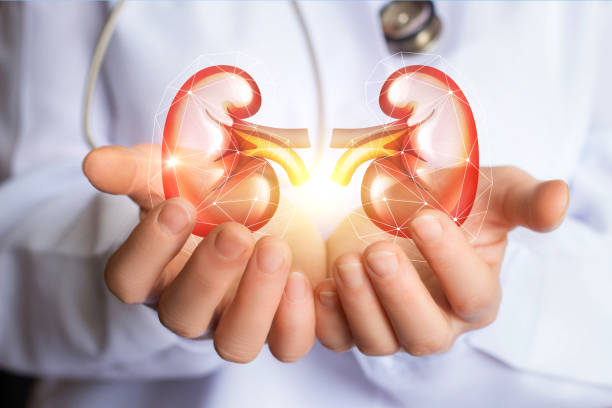
Weekend Plus Desk :
Every day, our kidneys work to process almost 200 quarts of blood in order to filter out about 2 quarts of waste products and extra water. These bean-shaped organs, apart from acting as sophisticated trash processors, also help in maintaining the overall fluid balance and creating hormones that help produce red blood cells, promote bone health, and regulate blood pressure.
Due to these key functions the kidneys have to perform on a daily basis, and because of all the toxins they encounter while sifting them through their filters regularly, kidneys are susceptible to various problems.
Some of these include kidney failure, chronic kidney disease (CKD), acidosis, kidney stones, polycystic kidney disease, urinary tract infection, and nephrotic syndrome.
As per the World Health Organisation, kidney diseases are responsible for almost 1.5 per cent of the current global burden of disease and for 2.1 per cent of the total deaths, making it the 12th leading cause of death globally.
To add to it, CKD usually worsens slowly, and the symptoms may not appear until your kidneys are badly damaged.
Which is why it is essential that you look out for these warming signs that are usually caused by the waste and extra fluid building up in your body.
As per the American Kidney Fund, you may notice one or more of the following symptoms if your kidneys are beginning to fail.
*Itching
*Muscle cramps
*Nausea and vomiting
*Not feeling hungry
*Swelling in your feet and ankles
*Too much urine (pee) or not enough urine
*Trouble catching your breath
*Trouble sleeping
If your kidneys stop working suddenly (acute kidney failure), you may notice one or more of the following symptoms:
*Abdominal (belly) pain
*Back pain
*Diarrhea
*Fever
*Nosebleeds
*Rash
*Vomiting
While some of these symptoms may not be a cause of worry at all, it would be a good idea to check with your physician if you notice any of these symptoms. n

